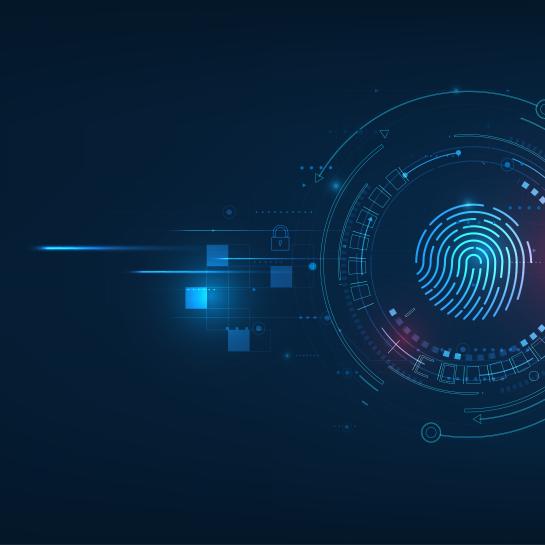
Acronym: SALVUS
Title: Ensuring SAfer justice outcomes in onLine, including undercoVer, child sexUal abuse inveStigations
| Call | HORIZON-CL3-2024-FCT-01-03 |
| EU nr | 101225758 |
| Period | 36 months |
| Project budget | € 3,222,451,25 |
| VUB budget | € 496,562.50 |
| Contact | Prof. Rosamunde Van Brakel |
What challenges does SALVUS aim to address in online CSA investigations?
SALVUS aims to address the current gaps in knowledge, best practice and legislative frameworks in relation to online, including undercover, Child Sexual Abuse (CSA) investigations. This approach will explore how to harmonise European Law and enable a uniformity of practice for the collection of evidence in CSA online, including undercover investigations, in line with European values and fundamental rights and more specifically children’s rights.
The European harmonisation of legal approaches and standardisation of best practice for the collection of evidence will ultimately enhance sharing of legally obtained evidence across member states. This will reduce the reliance on national standards of evidence admissibility and compliment and strengthen the EU’s approach and strategy for challenging and prosecuting CSA crimes, particularly in relation to the new Regulation on production and preservation orders for e-evidence. The overarching aim of the SALVUS project is to provide research-based knowledge and understanding of CSA online and undercover investigations and their relationship to obligations to ensure the legality of evidence collection, developed from a child-centred and human rights core.
How does SALVUS want to address these challenges?
To achieve its objectives the project aims to co-create with practitioners from law enforcement authorities, forensic institutes, children’s rights and victim organisations a holistic suite of recommendations, best practice guidance and training on an European Best Practice in CSA online, including undercover, investigations, with an emphasis on ensuring the legality of evidence collected and submitted to courts, fundamental rights, victim-centred, trauma informed approaches, and mental health and wellbeing to remedy regional and national shortcomings. Moreover, it will also conduct an Investigative Technology Mapping and Horizon Scanning to examine current and near future technological capabilities that could be applied to the investigation of online CSA offending and suggest areas for technological development which will improve the effectiveness and admissibility of evidence.
What specific role does VUB play within the SALVUS consortium
We are responsible for the coordination and part of the work in Work Package (WP) 2 Exploration of Current CSA Investigative Practices and the Identification of Best Practice with Key Stakeholders. The goal of this WP is to review existing knowledge and current practices in CSA online, including undercover, investigations, identify the fundamental rights, social, organisational and ethical issues in current practices for collecting evidence in these cases and develop new empirical insights into best practice in CSA online, including undercover, investigations. In addition, the VUB is actively involved in all other work packages supporting the legal analysis, co-creation of European Guidance on Best Practice, co-creation of training and training materials and technology-mapping and the legal and ethical assessment of potential investigative technologies from a children’s rights perspective
How do you envision SALVUS contributing to broader societal impact?
SALVUS will create recommendations for future policy necessary for the EU to achieve safer justice outcomes, protecting the rights of all involved and reducing systemic failures. Safer justice outcomes are supported by incorporating a child-centred and human rights perspective through SALVUS’s results. Through the Practitioner’s Network and Stakeholder contact lists, the results will be distributed to all relevant EU police forces and forensic institutes in accessible formats. The uptake of these results will provide a uniform understanding of legal aspects of online investigations for all stakeholders involved, therefore improving criminal justice outcomes.
